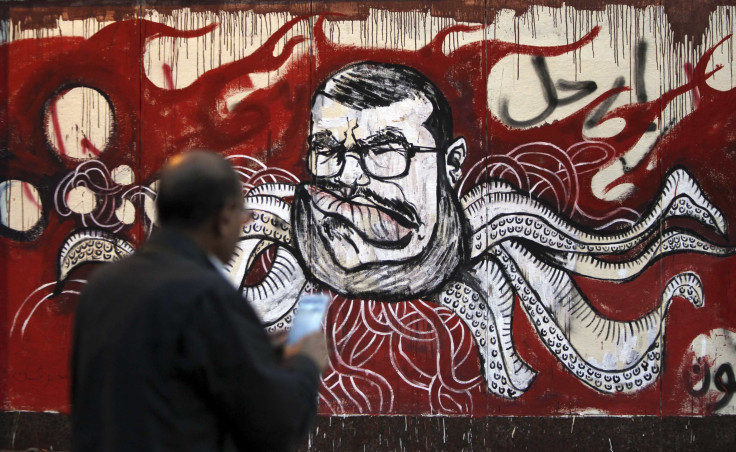Egypt’s Opposition Urges Vote Against Disputed Charter Instead Of Boycott

After weeks of protests, the liberal, secular opponents of Egyptian President Mohamed Morsi have urged supporters to vote against a controversial draft constitution, but added they would return to their earlier stance to boycott the public referendum if the conditions they have put forward were not met.
The main opposition coalition, the National Salvation Front, announced that it would campaign for "no" votes instead of a boycott, on condition that their demands for a fair referendum, put forward Wednesday, were met by Saturday morning, news agencies reported.
Voting on the draft constitution commenced Wednesday for Egyptians living abroad, with more than 500,000 people expected to cast votes in 150 countries.
The country's electoral commission announced Wednesday that the vote would take place Dec. 15 and a week later Dec. 22, each day covering a different region.
The state media said the plan to distribute the process to two days, initially set for Dec. 15, was adopted due to lack of judges to oversee the voting.
The opposition has demanded the referendum be held with full supervision by judges, security guarantees, and local and international monitoring. It also wants the voting to be completed in a single day, Reuters reported.
"We will vote 'no'," opposition politician and former Arab League chief Amr Moussa told Reuters.
Morsi’s opponents say the draft constitution does not represent the aspirations of all Egyptians because of the inclusion of provisions, which give Muslim clerics a role in shaping laws. The main opposition coalition also demands more safeguards for the minorities.
If the newly issued constitution passes the public referendum, the president's controversial decrees would be lifted.
Unrest has been brewing in Egypt for weeks over the decrees Morsi passed, granting him sweeping powers. The protests grew when the Islamists rushed the drafting of a new constitution, after liberals, journalists, farmers and Christian churches had boycotted the constituent assembly.
A new parliament will be elected after the constitution is ratified to replace the Islamist-dominated house.
Despite the protests, which took a violent turn last week, Morsi was anxious to put the proposed constitution to public vote, as it must be in place before the national elections can be held. The elections are expected early next year.
© Copyright IBTimes 2025. All rights reserved.






















